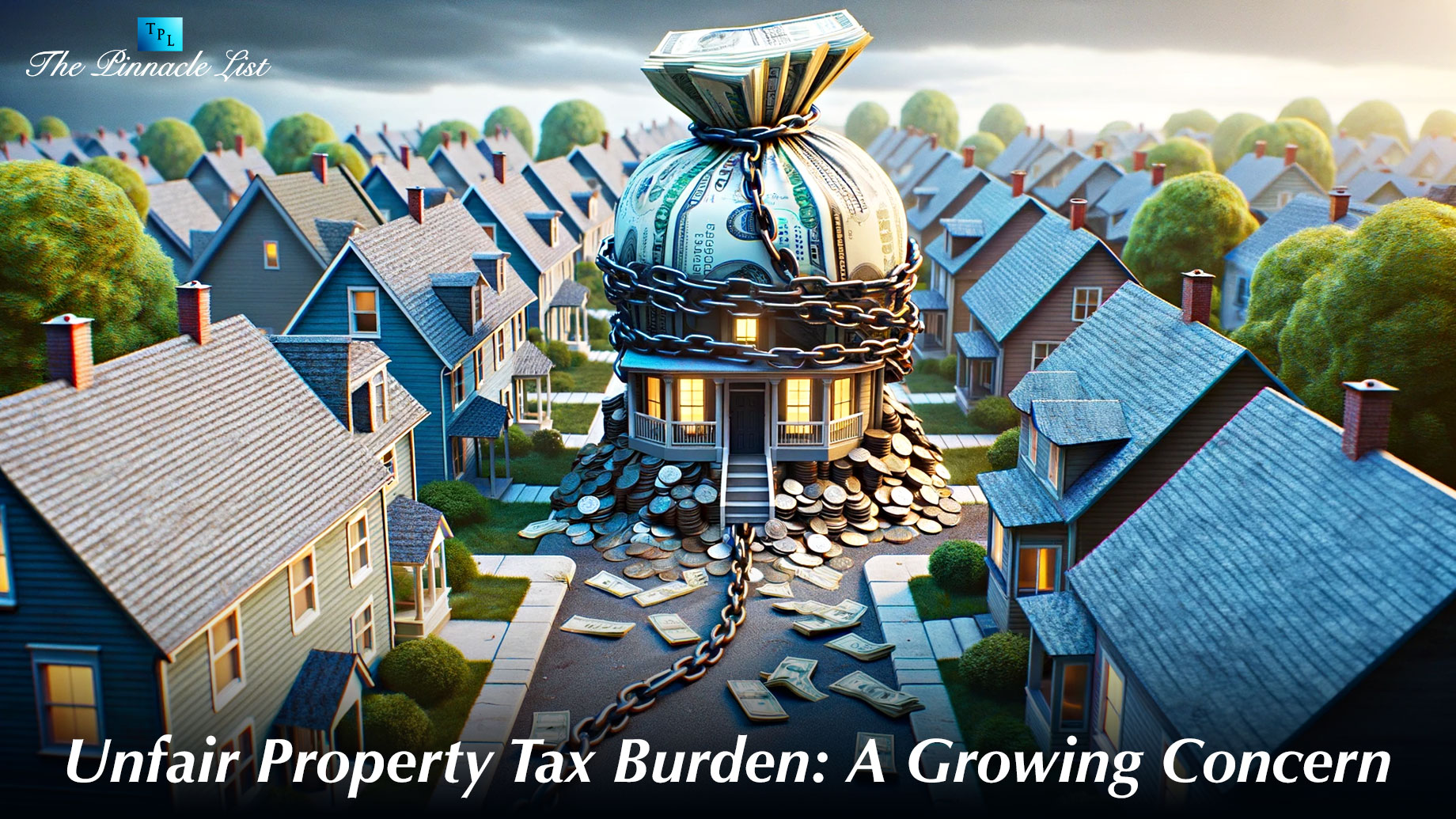
As property taxes continue to rise, concerns about their fairness and equity are escalating among homeowners and policymakers alike. This trend has led to growing unease regarding the burden placed on property owners, particularly those with limited income or fixed assets. In this context, examining the factors contributing to this phenomenon becomes imperative.
This article delves into the various challenges and implications associated with the increasing property tax burden, highlighting its impact on individuals, communities, and broader economic dynamics. By shedding light on this pressing issue, we aim to foster informed discussions and explore potential solutions to address this growing concern.
Escalating Property Tax Rates
Property tax rates have been steadily increasing, burdening homeowners with higher annual tax bills. This trend is driven by various factors, including rising property values, the budgetary needs of local governments, and shifts in tax policies. As tax rates climb, homeowners face financial strain and potential affordability challenges, particularly for those on fixed incomes or in areas experiencing rapid gentrification.
Impact on Homeowners
Escalating property tax rates directly impacts homeowners’ financial stability and housing affordability. Higher tax bills can strain household budgets, leading to potential difficulties in meeting mortgage payments, property maintenance costs, and other essential expenses. Additionally, increased property taxes diminish homeowners’ discretionary income, limiting their ability to invest in education, healthcare, or savings for the future. This financial pressure can also contribute to housing insecurity and potential foreclosure risks for vulnerable households.
Disproportionate Effects on Vulnerable Communities
The burden of escalating property tax rates falls disproportionately on vulnerable communities, including low-income households, seniors, and minority populations. These groups often have limited resources to absorb higher tax bills, exacerbating economic inequality and widening the wealth gap. As property values rise and tax rates follow suit, vulnerable communities face heightened risks of displacement, housing instability, and reduced access to essential services, perpetuating systemic inequities within society.
Challenges for Local Governments
Escalating property tax rates presents challenges for local governments tasked with balancing budgets and providing essential services to residents. While increasing tax revenue can alleviate fiscal pressures and fund public programs, it also raises concerns about affordability and taxpayer backlash. Moreover, reliance on property taxes as a primary revenue source can create volatility in municipal finances, particularly during economic downturns or fluctuations in property values.
Addressing Equity and Fairness
To mitigate the impact of escalating property tax rates and promote equity, policymakers must explore strategies to ensure fairness in taxation. This includes implementing targeted relief measures for vulnerable homeowners, such as property tax exemptions or deferrals based on income or age. Additionally, enhancing transparency in the assessment process and engaging community stakeholders can foster trust and accountability in property tax policies. Ultimately, addressing equity and fairness requires a comprehensive approach that considers the diverse needs and circumstances of homeowners and communities.
The increasing property tax burden presents challenges for homeowners and vulnerable communities. Addressing this issue requires equitable solutions that balance the local government’s fiscal needs with residents’ financial well-being. Ongoing property tax lawsuits underscore the importance of fair and transparent taxation policies.